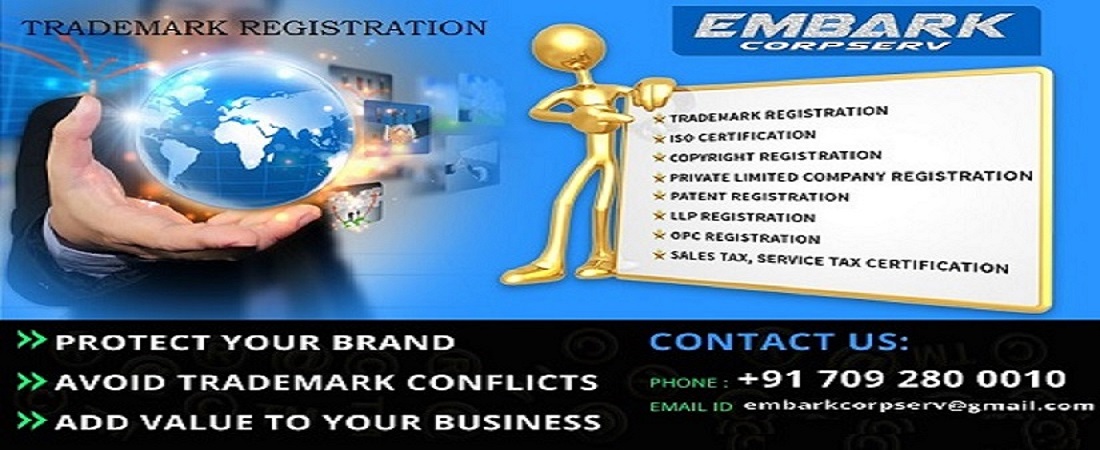ISO Certification
ISO Certification can be a useful tool to add credibility, by
demonstrating that your product or service meets the expectations of your
customers. For some industries, certification is a legal or contractual
requirement.
The ISO 9000 family of quality management systems standards is designed
to help organizations ensure that they meet the needs of customers and other
stakeholders while meeting statutory and regulatory requirements related to a
product. ISO 9000 deals with the fundamentals of quality management systems,
including the eight management principles upon which the family of standards is
based. ISO 9001 deals with the requirements that organizations wishing to meet
the standard must fulfill.
Our well experienced staff members can take up your ISO Certification
related legalities from start to finish in a very professional manner, and make
the whole process as comfortable as a breeze for you. Furthermore, if you have
any queries pertaining to the process in general or related to your business in
particular, our executives can respond to them proficiently. So what are you
waiting for? Just give us a call, or fill up our contact form, and our
executives will gladly assist you further.
